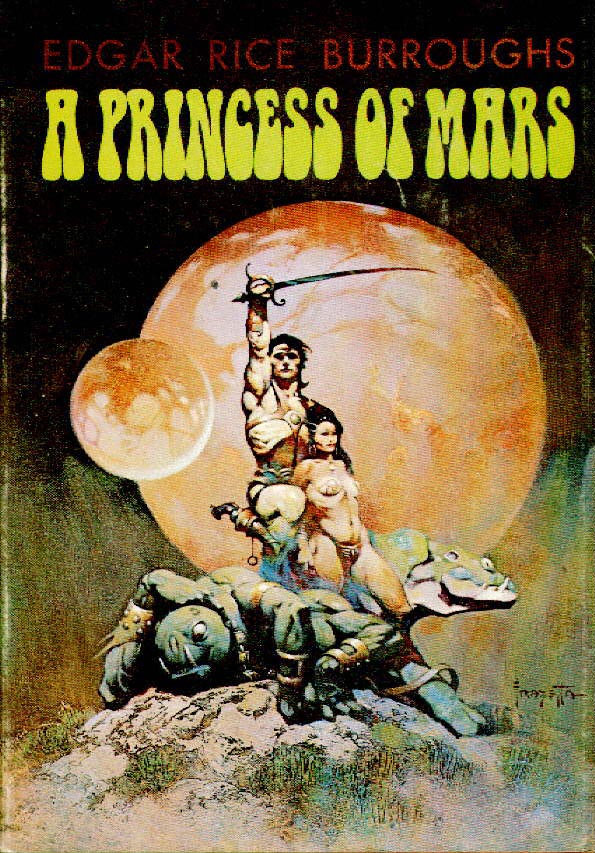This week’s essay for my online course is on Alice’s Adventures in Wonderland & Through the looking glass :
“One can’t help growing older.”
Growing up is hard. As a child one can consider themselves the center of the universe. Parents will care for their infants, keep them safe, clean up after them. As their children grow, however, the child must take on more duties and responsibilities of their own.
Many of the Grimm Brothers’ Household tales dealt with these difficulties. The character of Alice mirrors many of these earlier concerns and worries about the change from one life stage to another, the growth from child to adult.
Throughout her story Alice is concerned with growth. She has to deal with the consequences of her body changing, just as a child has to deal with their body maturing. It is not just the physicality of her body. The outside world is full of adversity too. The world through the rabbit-hole seems full of chaos and confusion. Alice cannot understand the rules just as many children face difficulties with the rules of adulthood. Adults enforce regulations that children must obey, often without understanding why. Manners and acceptable behaviour change as a child grows and matures; Alice continually attempts to figure out what exactly is occurring but she rarely finds a satisfactory answer.
Yet as she grows she becomes more and more comfortable with acting on her own desires and wishes. She takes control in the court because she is big enough that she no longer fears the card king and queen. Likewise, a child although uncertain of taking on new roles at first, often enjoys the new responsibilities and authority that age and maturity may bring.
Alice, in Through the looking glass, is seven years old. A similar in age to Little Red Cap and other fairy tale characters, the age at which adulthood first begins to beckon. A time of apprehension, but these these stories can help the child along their path towards adulthood.
I got a four, again, which is the average. And that’s fair, I don’t really *get* Alice, far too much nonsense for me. I’m glad I read the stories, but I don’t think I’d be too interested in reading more though.
My peer reviews stated:
On Form:
student1 ? Well written essay good grammar one spelling error because this is an American English literature course behaviour should be behavior. You were not given a lower mark because of this error.
student2 ? The essay is comprehensive and expresses ideas clearly. Be careful to properly capitalize book and chapter titles.
student3 ? Your English is almost perfect, just slight mistakes.
On Content:
student1 ? Content was excellent no issues.
student2 ? The thesis is not immediately recognizable. I would prefer to see an argument that isn’t based on themes we as a class have already learned from lectures (children being the ‘center of the universe’). If the purpose of peer review is to share insights, then things we unanimously know are a bit redundant.
student3 ? You are right on your content, and I really appreciate that you have added bibliography. However you do not mention any quotation or relevant example in order to make sure that you have `read´ both books. Try to add them next time. Nice Job!
Leave your link if you are doing the course.




Recent Comments